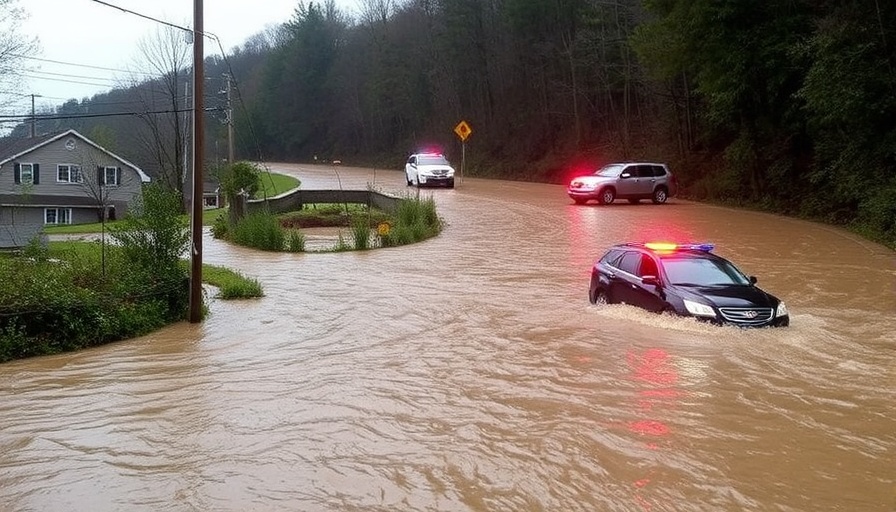
Hawaii's Innovative Vacation Tax: A Model for Sustainable Tourism
In a groundbreaking move, Hawaii has announced a new tax on vacation stays aimed at combating the climate crisis. With an expected annual revenue generation of nearly $100 million, this initiative stands as the first of its kind in the United States, where funds will directly support environmental restoration projects. Governor Josh Green emphasized the need for proactive measures in the face of escalating climate-related challenges. "There will be no way to deal with these crises without some forward-thinking mechanism,” he stated.
Understanding the New Tax Structure
Starting January 1, the daily room tax on hotel stays will increase by 0.75%. For a typical $400 hotel room, this translates to approximately an additional $3 charge per night. Moreover, a new 11% tax on cruise ship bills will be introduced in July 2026 as a means of ensuring equity between onshore accommodations and cruise tourism. In total, tourists visiting Hawaii are expected to face a lodging tax of nearly 19% when factoring in existing state and county taxes, placing Hawaii among the highest in the nation.
The Purpose Behind the Revenue
Funds generated through this tax will be pivotal in addressing critical issues like beach erosion and the increasing occurrence of wildfires, which have had devastating impacts, particularly on communities like Maui. As stated by Governor Green, the funds will be allocated towards projects including replenishing sand on eroded Waikiki beaches, promoting hurricane preparedness, and clearing invasive plants that exacerbate wildfire risks.
Impact on Hawaii's Tourism Industry
Despite the tax increase, industry representatives have expressed support, noting that investing in environmental sustainability ultimately benefits both the visitor experience and the island’s ecology. State Representative Adrian Tam commented, "The visitor industry will struggle if we do not take action now. If our beaches are decimated and wildfires take over our towns, there will be nothing left for them to showcase." This sentiment echoes a broader understanding that sustainable practices are essential in today’s tourism economy.
Looking Ahead: A Call to Action for Other States
The introduction of this tax is not just a local policy; it serves as a potential template for other regions grappling with tourism-related environmental degradation. Governor Green urges other states to adopt similar strategies, turning tourism dollars into a source for combating climate change rather than a contributor to it.
Conclusion: Redefining Tourist Responsibility
Hawaii's decision to tax vacation stays in the name of facilitating climate action exemplifies a significant shift towards responsible tourism. This approach fosters a shared responsibility among tourists to protect the natural beauty and integrity of destinations they visit. With the hope that visitors will appreciate the opportunity to contribute to the preservation of Hawaii's landscape, this initiative paves the way for a more sustainable connection between tourism and environmental conservation. The choices we make as travelers today can fundamentally affect the destinations of tomorrow.
 Add Row
Add Row  Add
Add 





 Add Row
Add Row  Add
Add 








Write A Comment